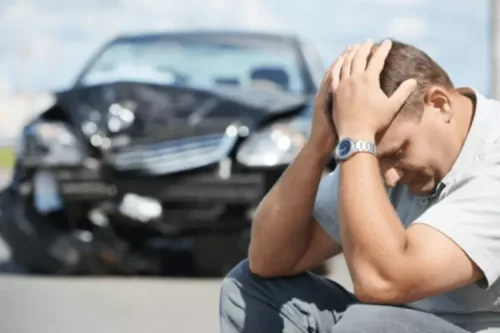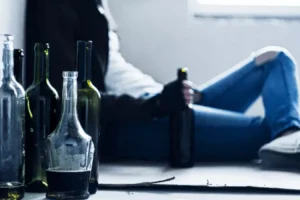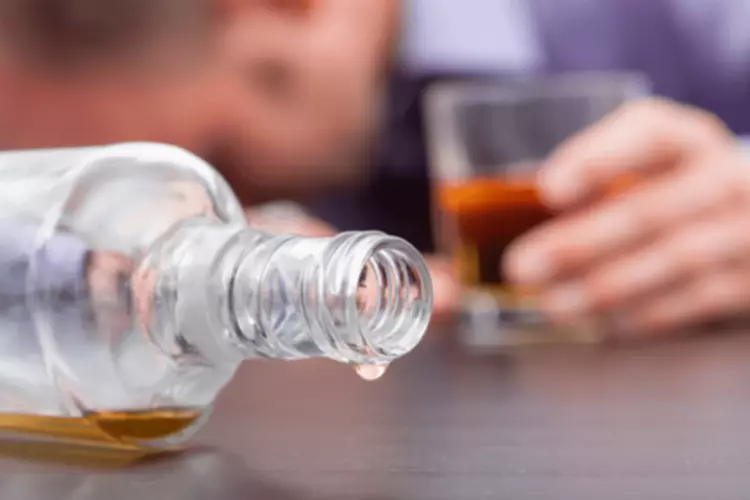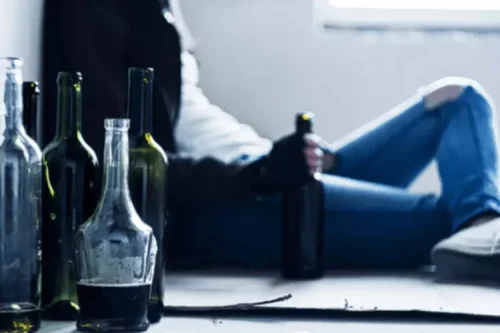

But cannabis may have harmful long- and short-term effects, such as paranoia and memory loss, and it can be addictive and disrupt a user’s life and relationships. Our Admissions Navigators are trained, experienced, and compassionate individuals who understand the struggles related to addiction—many of our navigators are in recovery themselves. For clinicians helping clients or patients with substance use disorder (SUD), you can call this helpline free of charge to obtain a professional clinical consultation. The Boys Town National Hotline offers support for children and families in crisis. The hotline is staffed around the clock and can provide information, support, and resources for several concerns, including substance use.


Find Support
Although marijuana may not be physically addictive in the same way as other drugs like heroin or alcohol, the psychological addiction can be powerful. Behavioral disorders, such as gambling or porn addictions, are great examples of the power of mental dependencies. Those who are unable to control their use and intake, however, do meet the diagnostic qualifications of a substance use disorder or addiction. If you’re considering calling a marijuana hotline, you probably have some type of problem with marijuana. Calling is risk-free, and it can be an opportunity to better your life.
Family and Children’s Programs
Just like with alcohol intake, it’s important to be fully educated on the symptoms, effects, and risks when assessing the consumption of yourself or someone you love. Misconceptions about the addictive nature of marijuana shouldn’t stop the people who need treatment from receiving it. People with marijuana abuse is marijuana addictive can choose from inpatient and outpatient treatment centers.


What Is a Marijuana Hotline?
Addresses concerns of children of parents with substance use/abuse problems. Many people receiving treatment for marijuana addiction also undergo behavioral therapy. If marijuana use grows into abuse or addiction, whether for medicinal or recreational purposes, an individual may need to consider seeking professional help. They can start by calling a marijuana hotline, which can be the first step toward recovery.
- Cannabis use in adolescence has been reported to increase the risk for schizophrenia.
- Once this develops, quitting marijuana may result in several uncomfortable experiences, including cravings and turbulent moods.
- Individuals who are addicted to cannabis may experience symptoms of withdrawal when attempting to stop using the drug.
- The goal is to slowly allow a person’s body to become used to lower levels of the substance while minimizing drug withdrawal symptoms.
- While marijuana (also known as weed) is sometimes portrayed as relatively harmless, research has shown that it can have a number of negative effects on health.
- But it can also be smoked with a pipe, a bong, or as a “blunt” which is made by stuffing empty cigars with dried cannabis leaves.
- Many therapy offices provide treatment services themselves, and if they don’t, they will help you find somewhere that does.
- Abstaining from marijuana isn’t as easy for people who are addicted to the drug.
- If you show most or all of these behaviours over a 12-month period you may have cannabis addiction.
Trained information specialists answer calls, transfer callers to state services or other appropriate intake centers in their states, and connect them with local assistance and support. The only thing you need to begin participating is a desire to stop using cannabis / marijuana. Marijuana Anonymous meetings are free and can be attended all over the world virtually and by phone, with in-person meetings available in some areas as well. Members of MA collectively support each other as peers, sponsors, and friends. MA has a book called Life with Hope and a companion 12-Step workbook, along with other publications. We use the tools of the MA program to help free us of our addictive tendencies and physical dependence on the substance that has caused damage in our lives.

